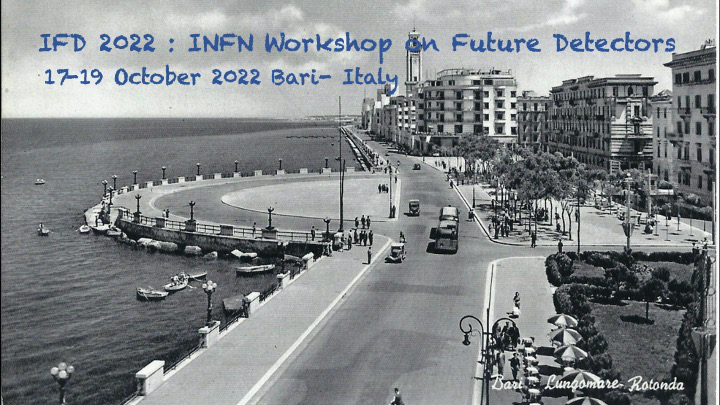Speaker
Description
We report on two R&D projects being carried out in AIDAinnova to develop innovative calorimeters with optical readout.
CRILIN is an extremely fast, highly granular calorimeter made of dense, inorganic crystals with both longitudinal and transverse segmentation, proposed as a candidate for the electromagnetic calorimeter for the Muon Collider experiment; a similar design was independently proposed for the HIKE/KLEVER small-angle calorimeter. The main features of CRILIN are extremely fast response (well under 100 ps time resolution) and excellent mip/em/hadron separation. CRILIN will use small crystals (4x1x1 cm3) of PbF2 (a Cerenkov radiator) or an ultra-fast scintillator such as third-generation PWO.
Nanocomposite scintillators, obtained by dispersing semiconducting nanocrystals (quantum dots) in a polymer matrix, are an alternative to conventional plastic scintillators offering potentially better time resolution and increased radiation resistance, as well as a high degree of optimization for particular uses (tunable emissions spectra, loading fraction, etc.). The NanoCal project will construct a prototype shashlyk calorimeter with nanocomposite scintillator as one of the first attempts to use these innovative materials in practical detectors for high-energy physics.

